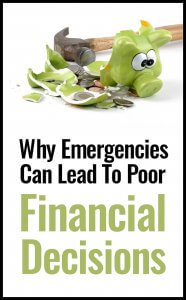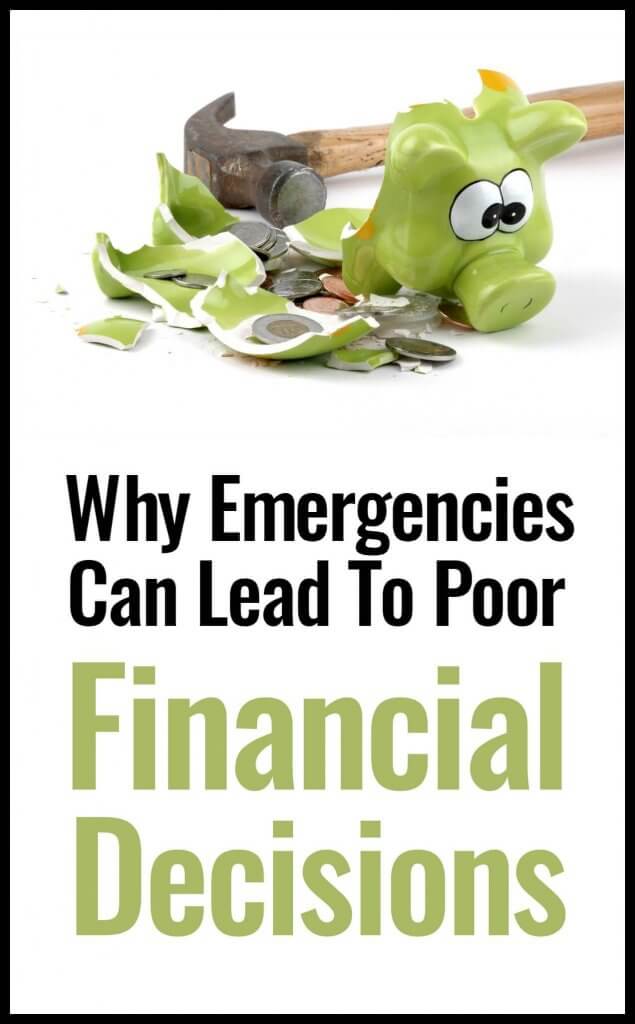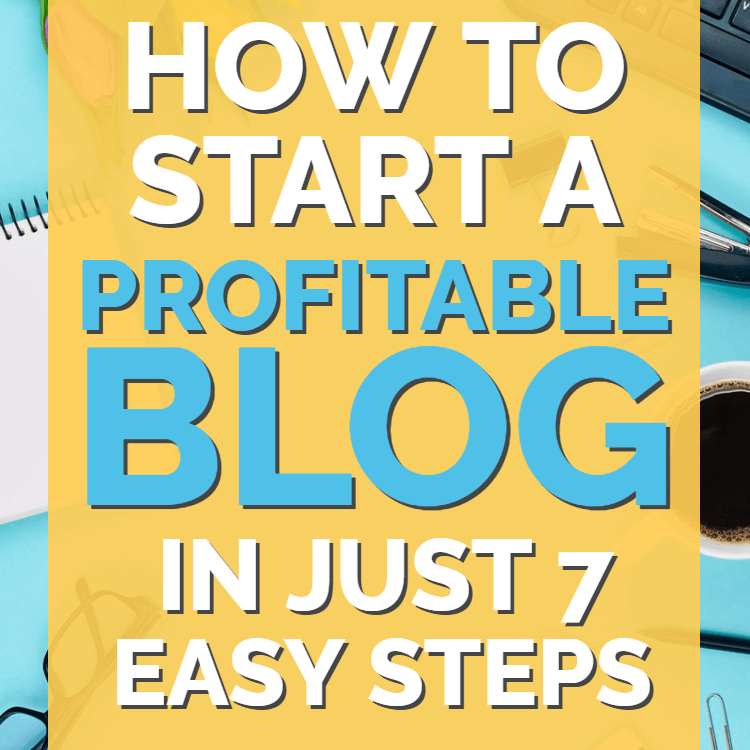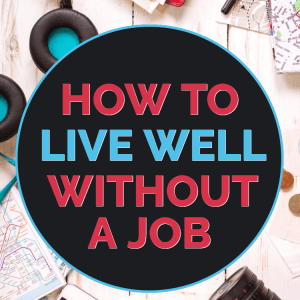Contents

They just made so much noise at all hours of the day that I can’t remember a time I didn’t go to bed with earplugs in.
It’s not comfortable but you get used to it – and it’s the only way I might get a full night’s sleep.
So imagine my excitement when earlier on this year I opened my door to find them moving out.
What an amazing relief; at last the nightmare neighbours are gone!
Except my excitement was short-lived.
As it turned out, the new residents were ten times worse.

Enough was enough; time to move house to a nicer area.
The problem was that I got pretty desperate to move pretty quickly.
A weekend without sleep will do that for you.
I was spending every weeknight trying to catch up from the weekend before only for it to happen all over again the next weekend.
No amount of complaints – to any authority – had any effect.
I was tempted to just jump for the first suitable property we found. And we nearly did.
Detached. Large. In a nice neighbourhood. With four bedrooms.
We loved it.
After another weekend of lost sleep we just thought “screw it, let’s do it”.
And we nearly did. We oh so nearly did.

The house might have been ideal; but it was also expensive. Affordable, take note, but more than we wanted to spend.
After a long late-night conversation we eventually decided it wasn’t for us. And as if by magic within a few weeks we’d found a house that, whilst not quite as nice, was considerably cheaper.
That initial “knee-jerk” decision could have cost us several thousand dollars a year. Luckily we got wise before that happened.
The Car Prang
As I’ve mentioned here before, earlier on this year my car was involved in an accident.
It was a write-off.
But I need a car for work. So it had to be replaced fast. Like – within days.
Faced with buying a new car at the drop of a hat many people would struggle.
The standard response among my friends in similar situations has typically been to head down to the bank, take out a loan and go to buy a new car.

The better solution is to buy a car with cash.
Why? Simply because you’re not paying all that interest on your debt.
And if there’s one thing we can all agree on it’s that consumer debt will only take you further from your financial goals.
What Are Your Emergencies?
I wish we all lived in a fairytale world where nothing ever went wrong but the reality is that we don’t.
Every so often something will go wrong; in many cases the solution to the problem involves spending money.
In such circumstances it can be tempting to use debt to fuel the solution. But in such situations you’re not really solving the problem; you’re just offsetting it until you’ve fully paid back the debt.
So what is the moral of this story? What can we learn that will help to make your financial life more robust?
Plan for Emergencies

We don’t insure our cars with the intention of having an accident. We do it so that if we do have an accident we’re financially protected.
So assume that sooner or later something bad will happen – then plan for it.
Arguably the most critical element here is to build up enough of a financial buffer – in the form of an emergency fund and savings – that you can rely on debit rather than credit to fuel the solution.
Don’t Make Financial Decisions In a Hurry
Secondly when money is concerned try not to make irrational decisions driven by emotion.
Instead, like our house-move, try to take the time to carefully consider your situation and find the best solution, not necessarily the fastest one.
Don’t let pressure or stress drive you into making silly financial decisions that you’ll regret later in life.
Have you ever made a financial decision in a hurry that you’ve regretted? Have you ever needed to deal with a financial emergency – and if so how did it turn out? Please leave your thoughts in the comments section below…











Add comment